How to Choose the theater stage lights manufacturer and supplier in us?
- How to Choose the Theater Stage Lights Manufacturer and Supplier in US
- Understand Your Theater Stage Lights Needs
- Types of theater stage lights and typical uses
- Key technical requirements to define
- Verify Manufacturer Credentials and Technical Capabilities
- R&D, patents and product development
- Certifications and safety compliance
- Compare Product Performance and Energy Efficiency
- Evaluate Supply Chain, Lead Time and Logistics for US Buyers
- Check After-Sales Support, Warranty and Spare Parts Availability
- Price, Minimum Order Quantity and Total Cost of Ownership (TCO)
- How to Vet Manufacturers: An Audit Checklist
- Why an Experienced OEM/ODM like LQE Can Be a Strong Partner
- Decision Framework — Quick Scoring Matrix
- Conclusion
- Frequently Asked Questions
How to Choose the Theater Stage Lights Manufacturer and Supplier in US
Choosing the right theater stage lights manufacturer and supplier is a critical decision for theater designers, production managers, and venue operators. The right partner affects visual quality, reliability, energy costs, technical compatibility, and after-sales support. This guide explains what to evaluate when sourcing theater stage lights in the US market and offers a clear vendor-vetting framework to make an informed choice.
Understand Your Theater Stage Lights Needs
Before contacting manufacturers or suppliers, clarify your lighting goals. A vendor can only match your needs if you know what those needs are.
Types of theater stage lights and typical uses
- Moving head lights (spot, wash, beam) — versatile fixtures for concerts, musical theater, and dynamic shows.
- Profile/ellipsoidal (intelligent followspots) — sharp gobo projection and precise beam shaping for theater.
- Wash lights and Fresnels — even stage coverage for plays and orchestral performances.
- LED pars and cyc lights — color wash of backgrounds and cycloramas.
- Specialty lights (strobes, blinders, LED strips) — effects, audience lighting, and scenic accents.
Key technical requirements to define
- Brightness/Output (measured in lumens or lux at distance)
- Color rendering index (CRI or TLCI) — theaters frequently require CRI > 90 for natural skin tones
- Control protocol — DMX512, RDM, Art-Net, sACN compatibility
- Beam angles and lens options — focusable optics, zoom ranges
- Power and environmental rating — power draw, IP rating for outdoor use
- Fixture lifespan and maintainability — LED lifetime and replaceable modules
Verify Manufacturer Credentials and Technical Capabilities
Technical competence and proven manufacturing capabilities are essential when selecting a theater stage lights manufacturer. Prioritize vendors who demonstrate engineering depth and reliable production.
R&D, patents and product development
Manufacturers with active R&D and patent portfolios are likelier to offer innovative, durable products. LQE (founded 2008, Foshan, China) reports about 80 national patents and a dedicated R&D focus on middle- and high-end digital stage lighting — indicators of engineering capability and product differentiation.
Certifications and safety compliance
For US theaters, ensure fixtures meet relevant standards and certifications. Look for CE, RoHS for material compliance, and UL/ETL listings for electrical safety accepted in North America. Also confirm electromagnetic compatibility (EMC) and any local code compliance required by the venue.
Compare Product Performance and Energy Efficiency
Energy efficiency and operational lifetime directly influence total cost of ownership (TCO). LEDs have become the industry standard for new installations because of efficiency and long life.
| Feature | Traditional Discharge/Arc Lamps | Modern LED Fixtures |
|---|---|---|
| Energy consumption | High (baseline) | Typically 50–80% lower energy use |
| Lamp life | 2,000–5,000 hours | 30,000–100,000+ hours (depending on module) |
| Maintenance | Frequent lamp replacements and re-lamping downtime | Less frequent; often modular service parts |
| Color control | Color wheels/gels required | Full color mixing with high CRI / TLCI options |
| Heat output | High | Lower (but requires thermal management) |
Sources such as the U.S. Department of Energy note significant energy savings from LED adoption in lighting applications. For theater use, LED fixtures with CRI > 90 and consistent temperature control are recommended to maintain color accuracy over time.
Evaluate Supply Chain, Lead Time and Logistics for US Buyers
Choosing a manufacturer that supports reliable logistics to the US is crucial. Consider three common supplier models:
| Supplier Model | Pros | Cons |
|---|---|---|
| Domestic US manufacturer/supplier | Faster shipping, easier on-site support, simplified compliance | Higher unit cost, smaller selection |
| Overseas manufacturer with US distributor | Cost-effective, local inventory, combined technical support | Dependency on distributor quality, potential longer lead times for custom items |
| Direct overseas OEM/ODM (e.g., China) | Competitive pricing, strong customization and volume capacity | Longer lead times, import paperwork, freight and duty considerations |
If you choose an overseas OEM, confirm they provide export documentation, UL/ETL options, and can work with US-based logistics partners or warehouses to shorten delivery times. LQE, for example, offers OEM/ODM capabilities and ships globally; many such manufacturers also support US distributors and on-site technical guidance when required.
Check After-Sales Support, Warranty and Spare Parts Availability
After-sales service determines the long-term usability of theater stage lights. Prioritize suppliers who offer:
- Clear warranty terms (fixture body, LED module, power supply)
- Local or accessible spare parts inventory
- Technical support channels (email, phone, remote diagnostics)
- Service training or authorized service centers in the US
Typical warranties in professional lighting range from 2 to 5 years depending on the component. Confirm what is covered and process for RMA or repair.
Price, Minimum Order Quantity and Total Cost of Ownership (TCO)
Price per unit is only one part of cost. Calculate TCO by modeling:
- Initial purchase cost and any MOQ (minimum order quantity)
- Expected energy costs (kWh) over fixture lifetime
- Maintenance and spare parts costs (lamps, drivers, fans)
- Downtime costs for shows if fixtures fail
Example TCO factors: a high-quality LED moving head with efficient optics and a 50,000-hour lifetime will often cost more upfront than a low-end fixture but save significantly on electricity and maintenance over 5–10 years.
How to Vet Manufacturers: An Audit Checklist
Use this checklist during supplier evaluation. Ask suppliers to provide evidence where possible.
- Company background: founding year, headquarter location, global reach
- Production capacity and facility size (e.g., production base area and annual output)
- R&D staff and patent portfolio
- Certifications: CE, RoHS, UL/ETL, ISO9001
- Sample testing: photometric reports, CRI/TLCI measurements, IES files
- Control compatibility: DMX512/RDM, Art-Net/sACN support
- Warranty policy, spare parts availability, and local support
- Client references, case studies, and theater installations
- Quality control process: incoming inspection, burn-in, aging tests
- Logistics: lead times for samples and production, shipping partners
Why an Experienced OEM/ODM like LQE Can Be a Strong Partner
LQE (est. 2008) is an example of a manufacturer that fits many buyer needs: a 10,000 sqm production base, the ability to produce roughly 100,000 fixtures annually, and a portfolio of around 80 national patents. Their product range covers moving heads and static fixtures tailored to theater, concert, broadcast, houses of worship, and more. Choosing a manufacturer with substantial OEM/ODM experience can deliver customization, consistent quality, and economies of scale.
Key attributes to value in such manufacturers:
- Established manufacturing scale to meet large orders and repeat demand
- Strong R&D to adapt fixtures to specific theater color/optical needs
- Patent protections indicating product uniqueness and engineering investment
- Ability to provide sample units, photometric reports, and support for certification in the target market
Decision Framework — Quick Scoring Matrix
| Criteria | Weight | Score (1-5) |
|---|---|---|
| Product performance (CRI, lumens, optics) | 25% | |
| Certifications and safety | 15% | |
| After-sales support and warranty | 20% | |
| Price and TCO | 20% | |
| Logistics and lead time | 10% | |
| Company reputation and references | 10% |
Rate each supplier against the criteria above, multiply score by weight, and compare totals. This objective approach helps eliminate bias toward price alone.
Conclusion
Selecting the right theater stage lights manufacturer and supplier in the US requires a balance between technical performance, compliance, support, logistics, and long-term cost. Define your technical needs first, then vet candidates using a reproducible checklist: certifications, photometric data, R&D credentials, production capacity, warranty and spare parts availability, and TCO analysis. An experienced OEM/ODM with robust R&D and production — such as LQE, which has been producing professional stage lighting since 2008 and reports extensive manufacturing capacity and patents — can provide cost-effective, customizable, and reliable solutions for theaters, concert venues, and production companies.
Use the scoring matrix and checklist in this guide to compare suppliers, request samples and test reports, and confirm warranty and logistics terms before committing. Proper diligence will deliver fixtures that look great on stage and reduce operational headaches over their service lifetime.
References and sources used in this
- LQE company information (provided by client): founding year 2008; Foshan HQ; ~10,000 sqm production base; ~100,000 fixtures annual capacity; ~80 national patents.
- U.S. Department of Energy — guidance and data on LED energy efficiency and benefits.
- DMX512 and RDM control standards — ESTA (Entertainment Services and Technology Association) documentation.
- UL/ETL and safety certification guidelines relevant to lighting fixtures (Underwriters Laboratories materials).
- Industry product specifications and LED lifetime/CRI guidance from major LED manufacturers and professional lighting suppliers.
Frequently Asked Questions
What certifications should I insist on when buying theater stage lights?Look for CE and RoHS for material and EMC compliance, and UL or ETL listings for electrical safety in North America. Also confirm ISO9001 for quality management when possible.
Are LED fixtures always better than discharge fixtures for theaters?For most modern theater applications, LEDs offer superior energy efficiency, longer lifetimes (30,000+ hours), and better color control. However, some very high-output specialty fixtures or legacy rigs may still use discharge lamps. Match the technology to the production needs.
How important is CRI/TLCI for theater stage lights?Very important—high CRI (typically >90) ensures natural skin tones and accurate color rendering on stage. TLCI is also used for broadcast and camera work.
What should I expect for warranty and spare parts from a reputable supplier?Professional suppliers commonly provide 2–5 year warranties, with available spare parts such as drivers, fans, optics, and LED modules. Confirm RMA procedures and local repair options.
How can I test a sample fixture before placing a large order?Request a sample unit and ask for photometric reports (IES files), CRI/TLCI measurements, DMX compatibility tests, and a burn-in/aging report. Also test the fixture in your actual venue conditions if possible.
Is it safe to buy from an overseas manufacturer for US theaters?Yes, if the manufacturer can supply necessary certifications, support US electrical standards, provide reliable logistics and spare parts, and offer a clear warranty. Working with manufacturers that have experience exporting to the US or with local distributors reduces risk.
What logistics factors affect lead time the most?Production scheduling, quality-control sampling, freight mode (air vs sea), customs clearance, and whether the supplier has US-based inventory or distribution partners. Confirm realistic lead times in writing before purchase.
How can LQE help US buyers of theater stage lights?LQE offers OEM/ODM expertise, a broad product range for theatrical and concert applications, substantial production capacity, and R&D-backed products. They can provide tailored fixtures, photometric data, and global shipping support to meet US buyer requirements.
What is moving head lights ? | Ultimate Insight
How to start the led stage lighting installation business ?
Best Moving Head Lights for Weddings and Events
How to Choose the stage spot light manufacturer and supplier in us?
Distributor
Can LQE help with product training and technical guidance?
Absolutely. We offer remote training sessions, user manuals, installation guides, and continuous technical support to help your team understand and sell our products with confidence.
What are the advantages of becoming an LQE distributor?
Access to high-performance, patented lighting products
Competitive factory pricing and excellent profit margin potential
Strong R&D capabilities with 80+ national patents
Reliable production capacity: 100,000 units annually
Dedicated account manager to support your growth
Do you offer OEM/ODM support for distributors?
Yes, as a professional OEM/ODM manufacturer, we support brand customization, including logo printing, packaging design, and even custom features based on project needs.
What types of companies can become LQE distributors?
We welcome partnerships with companies that have experience in the entertainment, AV, lighting, or stage equipment industries. Whether you are a local reseller, importer, system integrator, or project contractor, we are open to exploring win-win cooperation.
1000w
Can I Have a Sample Order for an LED DJ Light?
Sure, sample order are welcome to test and check LQE quality. Mixed samples are acceptable.
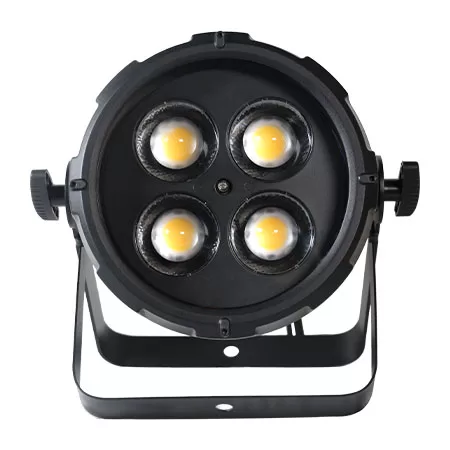
Outdoor Theatrical Stage Light OD504Z
Designed for durability and versatility, delivering professional-grade lighting effects. Scientific LED bead combination, with advanced optical lens and outstanding color mixing effect.
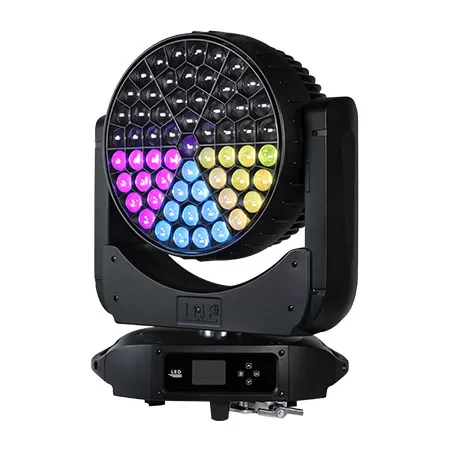
1000w 61x40w RGBW Stage Moving Head Wash Light LW1000
1000W 61x40W LED RGBW Mulichips Moving Head Wash Lights with Zoom (5°–50°), Covering Large Range and Long Distance. Designed to deliver a 5°–50° ultra-large zoom range to achieve a greater wash effect, illuminating stages and events with stunning lighting effects.
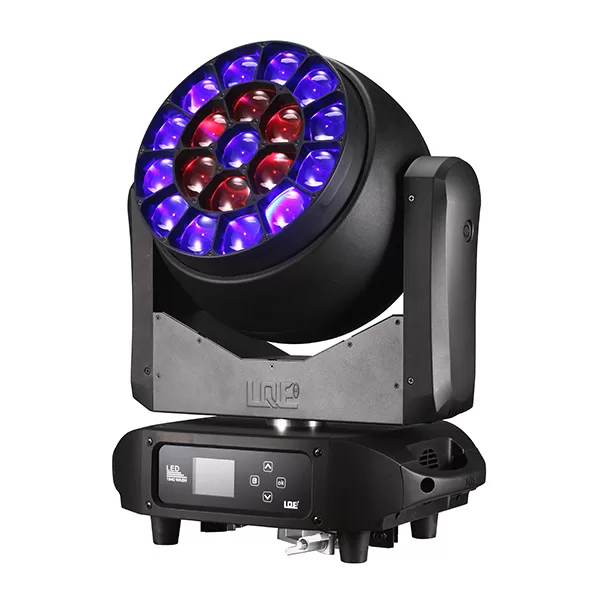
600w 19x40w RGBW Stage Moving Head Wash Light LW600 Zoom IP20
600W 19x40W LED RGBW Mulichips Moving Head Wash Lights with Zoom (5°–50°), Covering Large Range and Long Distance. IP20: Designed to deliver a 5°–50° ultra-large zoom range to achieve a greater wash effect, illuminating stages and events with stunning ring control lighting effects.
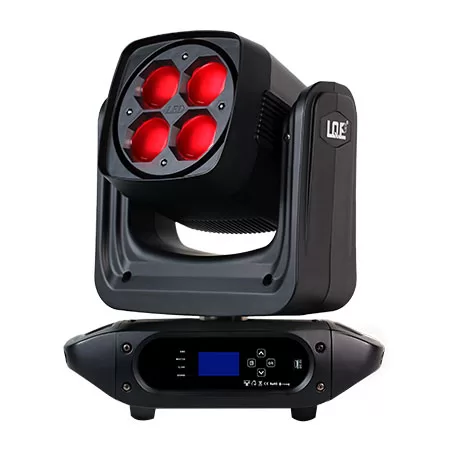
LED Moving Head Stage Wash Light LW200Z
The versatile moving head stage light provides a powerful lighting solution for theaters, concerts, and large outdoor performances. Suitable for theaters, TV stations, entertainment stages, and large outdoor performance scenes.

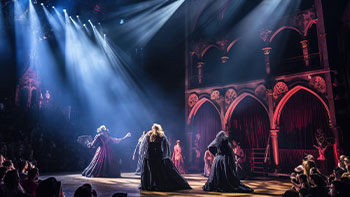
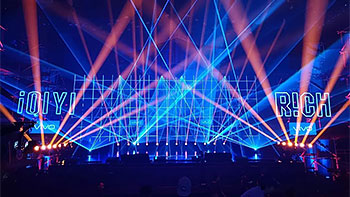
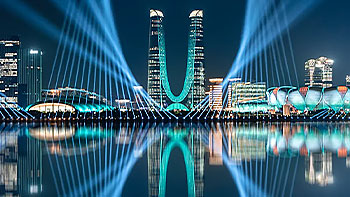
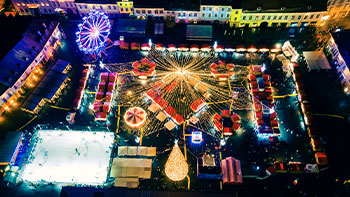
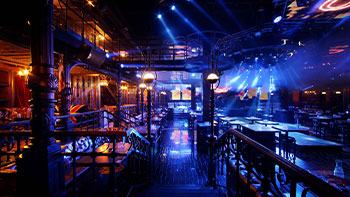
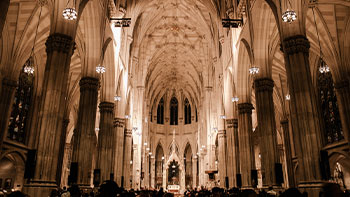






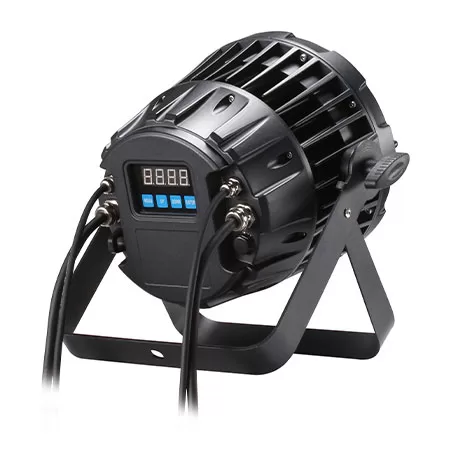
Linkedin
YouTube
Whatsapp: +8618924548390
TikTok